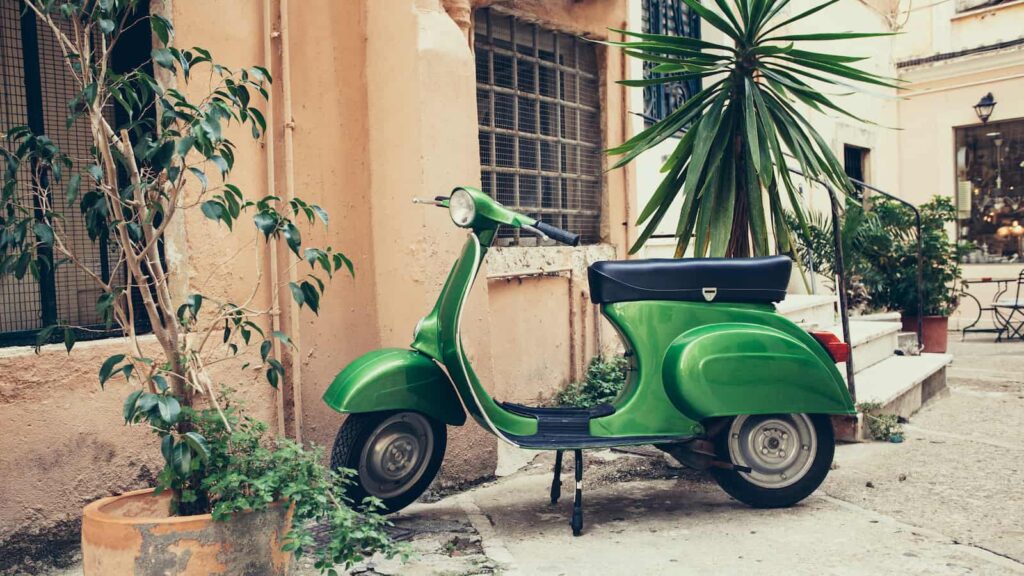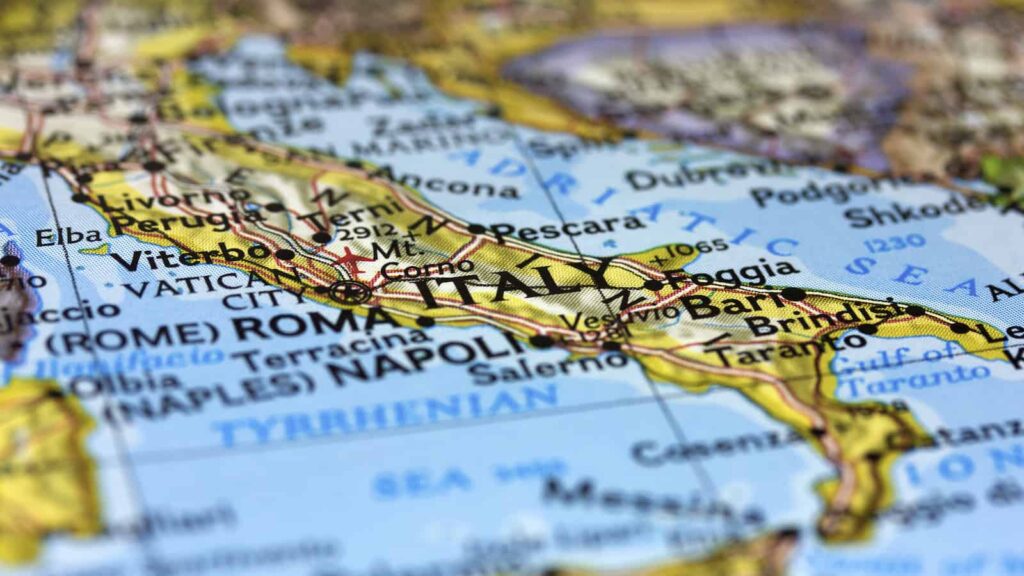15 Stereotypes About Italians That Are Simply Wrong
15 Stereotypes About Italians That Are Simply Wrong

Italians are famous for a few things like loving pizza, pasta, and living “La Dolce Vita,” which means the sweet life. But these ideas are not the full picture. They are simple and sometimes not true. Italy is much more than just food and a relaxed lifestyle.
There are many different people, traditions, and ways of life in Italy. The country is full of variety that can’t be summed up with just a few stereotypes. Italy is more interesting and diverse than people might think just based on these stereotypes.
1. They don’t shave

The belief that Italians don’t shave is a stereotype with no basis in reality. Like people everywhere, personal grooming habits in Italy vary widely from person to person.
Most Italians value cleanliness and appearance, often engaging in regular grooming practices, including shaving. This stereotype likely stems from dated or exaggerated perceptions of Italian masculinity rather than any widespread cultural practice.
2. They only eat pasta and pizza

While pasta and pizza are iconic Italian foods, the Italian diet is incredibly diverse and varies by region. Italy boasts a rich culinary tradition that includes a wide variety of meats, vegetables, cheeses, and seafood.
The idea that Italians only eat pasta and pizza overlooks the country’s vast culinary landscape, which is influenced by geography, history, and seasonality.
3. Every Italian is super religious

Religiosity in Italy varies significantly, especially between the north and the south. Northern Italy tends to be less religious compared to the more devout south.
Although Italy is predominantly Catholic, the degree of religious observance and belief varies widely, with many Italians identifying as non-practicing Catholics or secular. This stereotype fails to capture the complex and varied landscape of faith and belief in Italy.
4. Pickpockets

Labeling Italians as pickpockets is an unfair stereotype that stigmatizes a whole population based on the actions of a few. While tourists in crowded and popular areas might be targets for theft, this is a common issue in many countries.
Most Italians are law-abiding and welcoming to visitors, and it’s important to distinguish between a small number of individuals and the population as a whole.
5. They speak in an angry manner

The Italian language is expressive and can sound animated or passionate to those not familiar with it. This expressiveness is often mistaken for anger. In reality, Italians use their expressiveness to convey warmth and enthusiasm. The perception that Italians are always speaking angrily is a misunderstanding of the cultural nuances of Italian communication.
6. They’re lazy workers

This stereotype is not only wrong but also harmful. Italians are known for their dedication and hard work, with Italy having a strong industrial economy and being home to numerous world-renowned brands and companies. The Italian work culture may differ from other countries in terms of hours and work-life balance, but this should not be confused with laziness.
7. They don’t speak other languages

Italians are increasingly multilingual, with many learning English, French, German, or Spanish as a second language. The stereotype that Italians cannot speak other languages is outdated. In today’s globalized world, learning multiple languages is common in Italy, especially among the younger population and professionals.
8. They all love soccer

While soccer is incredibly popular in Italy, and the country has a rich soccer history, not every Italian is a soccer fan. Just like anywhere else, people have a wide range of interests and hobbies. To assume all Italians love soccer overlooks the diversity of tastes and interests present in Italian society.
9. They’re all good cooks

Italian cuisine is world-renowned, and many Italians take pride in their culinary skills. However, the notion that all Italians are good cooks is an exaggeration. Cooking abilities vary among individuals, and not everyone has the same level of interest or skill in the kitchen. This stereotype romanticizes Italian culture without acknowledging individual differences.
10. They all own a Vespa

The Vespa is a classic Italian scooter and a symbol of Italian design, but not every Italian owns one. While Vespas are popular in Italy, cars and other forms of transportation are also widely used. The idea that all Italians zip around on Vespas is a charming but unrealistic image.
11. That life in Italy is like “La Dolce Vita”

“La Dolce Vita,” or the sweet life, conjures images of a carefree and luxurious lifestyle. While Italy is known for its rich culture, history, and natural beauty, Italians face the same daily challenges and responsibilities as people elsewhere. The romanticized view of Italian life overlooks the complexities and realities faced by those living in Italy.
12. They always gesture while speaking

Italians are known for using hand gestures when they speak, but the extent and frequency of these gestures can be exaggerated. While gestures are indeed a part of Italian communication, not all Italians use them to the same degree. This stereotype simplifies Italian body language into a caricature, ignoring the nuances of personal and regional differences.
13. They all dress fashionably

Italy is a global fashion hub, and many Italians do have a keen sense of style. However, fashion varies greatly among individuals, and not everyone in Italy is fashion-forward. Like anywhere, personal tastes, lifestyles, and budgets influence how people dress. The stereotype that all Italians dress fashionably overlooks the diversity of personal styles in Italy.
14. All Italians have the same culture and mindset

Italy is a country rich in regional diversity, with distinct languages, traditions, cuisines, and cultures. The idea that all Italians share the same culture and mindset is overly simplistic. From the industrial north to the Mediterranean south, Italy encompasses a wide range of cultural identities and perspectives. This diversity is one of Italy’s strengths, contributing to its vibrant cultural landscape.
15. Italians are always late

The stereotype that Italians are always late is another misconception. While there is a cultural tendency towards a more relaxed approach to time, known as “la dolce vita,” it doesn’t mean that punctuality is unimportant in Italy. In business and formal settings, Italians are as punctual as their counterparts in other countries. This stereotype unfairly characterizes Italians and overlooks the importance placed on respect and punctuality in many aspects of Italian life.
More From BeRightBack

- 14 Worst Things About Paris That Make It Over-Rated
- 10 Reasons To Avoid Paris During The Olympics
- 10 Beliefs About French People That Are Wrong
We are Mary and Eric, the founders of Be Right Back, a blog dedicated to romance around the globe and at home.
We are Mary and Eric, the founders of Be Right Back, a blog dedicated to romance around the globe and at home. With over 10 years of experience in dating and traveling to romantic places, we share our favorite date ideas and romantic destinations to help couples level up their relationships. Having lived in and traveled through the USA, we also share our favourite things to do in the States.
With 70,000 monthly readers and 16,000 followers on social media, Be Right Back is your go-to resource for romantic trip ideas and couple activities at home and abroad.
